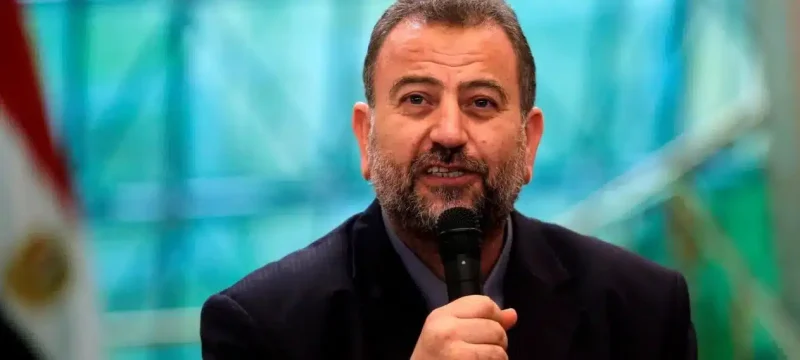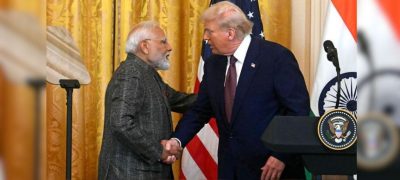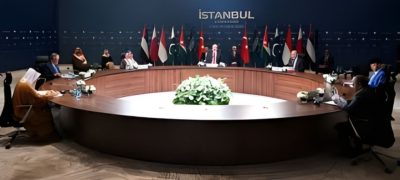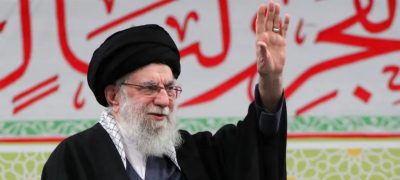Deputy chief of Hamas, Saleh al-Arouri, was killed in a drone strike on Beirut’s southern suburbs of Dahiyeh, which is known to be a stronghold of the Lebanese group Hezbollah. The Israeli military, when approached for comments on the incident, adhered to its practice of not responding to reports in foreign media.
The Lebanese national news agency reported that the drone strike targeted a Hamas office. According to two security sources, the strike specifically aimed at a meeting between Hamas officials and Lebanon’s Sunni Islamist Jama’a Islamiya faction. Tragically, the attack resulted in the loss of four Palestinians and three Lebanese lives.
Read more : Israel Expands Evacuations in Khan Younis as US Blocks Gaza Ceasefire Call
This strike stands out as the first targeted assassination of a Hamas official outside the Palestinian Territories since the group’s deadly assault on Israeli territory on October 7. Mark Regev, an adviser to Israeli Prime Minister Benjamin Netanyahu, clarified that Israel had not officially claimed responsibility for the attack. However, he emphasized that regardless of the responsible party, it should be evident that the strike was not an attack on the Lebanese state. Regev characterized the incident as a surgical strike specifically targeting the Hamas leadership.
Saleh al-Arouri held the position of deputy head of Hamas’s politburo and was a founding member of its military wing, the Qassam Brigades. Notably, he had spent time recently in both Lebanon and Qatar. Qatar has played a mediating role in talks between Hamas and Israel, including discussions related to hostages taken by Hamas during its assault on Israeli territory on October 7.
The targeted assassination raises concerns about the escalation of tensions in the region, particularly in light of the historical complexities involving Israel, Hamas, and Hezbollah. The drone strike, conducted in Beirut, a city known for its intricate political and sectarian dynamics, adds another layer of complexity to an already volatile situation.
The absence of an official claim of responsibility leaves room for speculation and raises questions about the motives behind the strike. The acknowledgment by an Israeli adviser that it was a surgical strike against the Hamas leadership suggests a strategic move with specific objectives.
The international community will likely closely monitor the aftermath of this incident, particularly the potential repercussions on regional stability and security. The delicate balance in the Middle East, marked by longstanding conflicts and geopolitical rivalries, remains susceptible to sudden escalations and power shifts.
As the situation unfolds, diplomatic efforts and international interventions may be crucial in preventing further deterioration of the security landscape. The killing of a senior Hamas official in a drone strike on foreign soil adds a layer of complexity to an already intricate geopolitical chessboard in the Middle East, requiring careful navigation to mitigate the risk of wider conflict.









